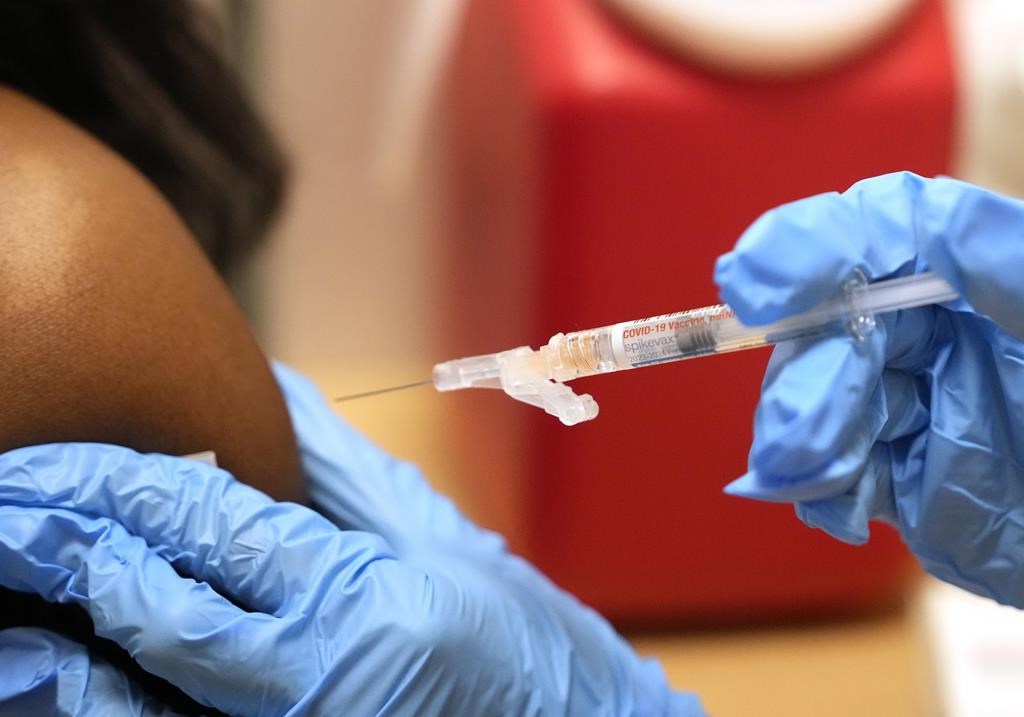
MONTREAL – Women are more likely than men to experience harmful side effects after influenza vaccination, a meta-analysis by a Montreal researcher confirms.
These side effects range from a reaction at the injection site to a more serious systemic reaction that can affect daily life — such as fever, headache, or body and muscle aches — within seven days after flu vaccination.
“Women may have a greater rise in antibodies after vaccination, so this may be associated with better protection,” said the study’s lead author, researcher Marilou Kelly, from the University of Montreal and the National Institute of Public Health of Quebec (INSPQ).
“A greater inflammatory response may be associated with injection site reactions or systemic reactions after vaccination.”
Kelly added that the difference between men and women is likely multifactorial. For example, there may be genetic or hormonal factors. She added that some reactions are more frequent after puberty and before menopause, which may be consistent with the influence of hormones, but we still see more frequent reactions in older women.
“We also know that women are more likely than men to seek medical help if they experience these side effects, which may have the effect of distorting our data slightly,” Ms Kelly said.
Researchers from the University of Montreal, McGill University, Sainte-Justine Hospital, INSPQ and colleagues from Alberta and British Columbia combed through 18 studies that combined more than 34,300 subjects.
Their data show an increased absolute risk of 115 additional cases of injection site reactions in women compared to men per 1,000 people vaccinated, and 74 additional cases of systemic reactions in women per 1,000 people vaccinated.
The risk of adverse side effects was higher in younger and older women.
We already knew that men and women can react differently after vaccination. Ms Kelly explained that this new analysis improves and clarifies the knowledge we have on this topic, particularly by breaking down the data for men and women.
In particular, the researchers obtained data directly from the pharmaceutical companies that produce the vaccines, which allowed for a more in-depth analysis.
This study is being published at a time when the seasonal influenza vaccination campaign is in full swing, but also at a time when resistance to vaccination and conspiracy theories are spreading in some circles.
“It is well known that concerns about the safety of vaccinations can lead to more vaccine hesitancy,” Ms Kelly admitted. But it is better to be transparent and communicate information. Even if women are at higher risk of developing these events after vaccination, they are mild events and will resolve quickly.
She added that the increase in these reactions may also be associated with a better response to vaccination, and therefore it is “acceptable” that women will be better protected after vaccination.
“This can certainly increase anxiety in the short term, but we must reassure women and pass on the information that yes, we have observed a greater risk, but these are mild symptoms and have no long-term impact.” Mrs. Kelly said.
The results of this meta-analysis were published in the Journal of Epidemiology and Community Health.






